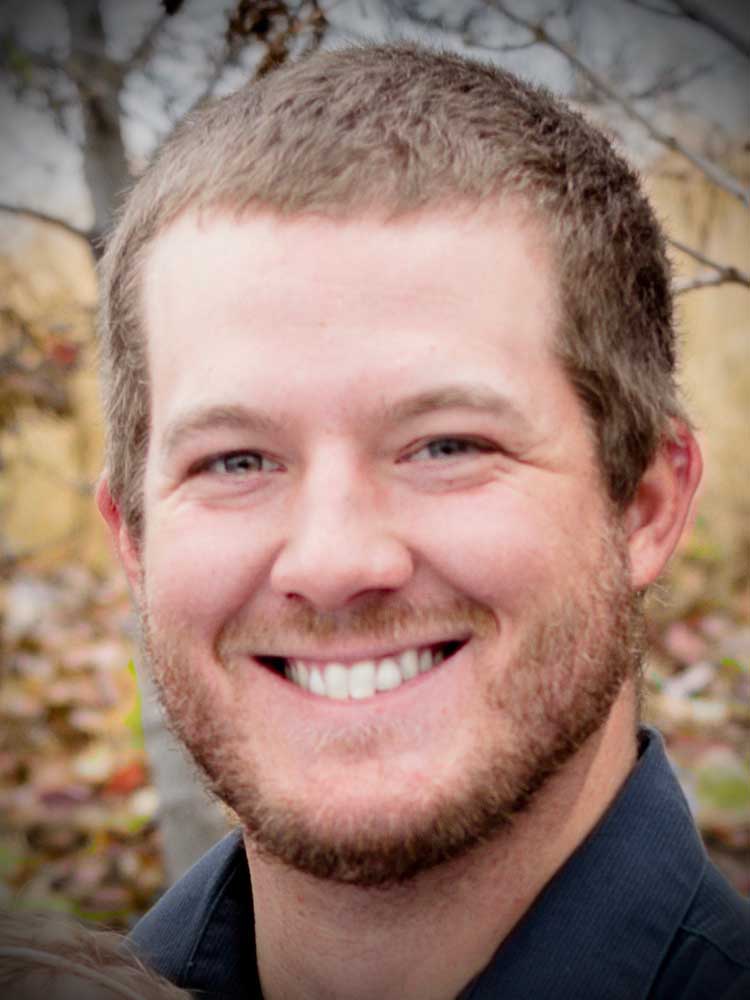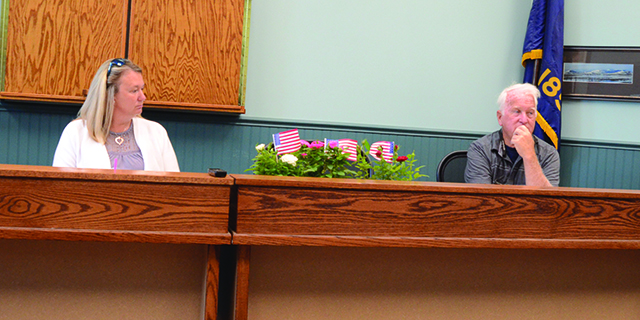On Liberty: Rule of law should be valued over mob rule
Published 6:00 am Wednesday, December 1, 2021

- Patton
“I’d grown up fearing the lynch mobs of the Ku Klux Klan; as an adult I was starting to wonder if I’d been afraid of the wrong white people all along — where I was being pursued not by bigots in white robes, but by left-wing zealots draped in flowing sanctimony.” — U.S. Supreme Court Justice Clarence Thomas, in his 2007 memoir entitled “My Grandfather’s Son.”
The left-wing zealots Thomas described are alive and well in today’s political climate, and even in our own local paper we have the opportunity to read the opinions of some morally superior folks who take pleasure in condemning their countrymen without giving them their day in court. I’d like to say this behavior is shocking, but the reality is that, in America, the lynch mob has been a choice method for administering justice for more two centuries. In fact, as Paula Giddings, professor of Afro-American Studies at Smith College explained in a lecture on the origins of lynching in the United States, “it wasn’t until 1886 that the number of black lynch victims actually exceeded the number of white lynch victims.”
The term “lynching” is broadly defined and comes with a variety of preconceptions, but is best described as “a form of violence in which a mob, under the pretext of administering justice without trial, executes a presumed offender, often after inflicting torture and corporal mutilation. The term lynch law refers to a self-constituted court that imposes sentence on a person without due process of law.” (Britannica.com)
The recent events surrounding the trial of Kyle Rittenhouse should alarm anyone who values the rule of law in contrast to that of lynch law or “mob rule.” This young man was acquitted of murder and homicide charges after using lethal force to defend himself from attackers at a protest in Kenosha, Wisconsin, last year, but unfortunately, he is still enduring consequences resulting from public opinion relating to his trial and its politicization. Rittenhouse has been “so inundated by death threats that he can no longer use his phone,” (Daily Mail) and the verdict in his trial has sparked protests in some cities.
Because he is of the wrong political and racial group, he is facing persecution that no teenager should ever have to face. We decry the nastiness of cyber-bullies, and mourn the tragic loss from teens taking their own lives as a result of being bullied and depressed, but when a desirable “target” enters our sights, we pull no punches. Regardless of the verdict, Rittenhouse has been found guilty by the mob.
The prevalence of modern-day lynching is on the rise and is demonstrated by the alarming increase in suspensions and expulsions being handed down to young men accused of sexual assault on college campuses. Among these have been the high-profile cases of former Duke lacrosse players Reade Seligmann, David Evans and Collin Finnerty. The false rape, kidnapping and conspiracy to commit murder accusations fueled an already intense dialogue about race and class in America, and the media was unrelenting in their false characterization of the young men as they stood before the court of public opinion. The players received intense public ridicule and school suspensions and the allegations forced the resignation of the lacrosse coach and the cancellation of the remainder of the lacrosse season. One of the players ultimately changed his name due to the fact that he had difficulty landing a job because of his association with the case. After the charges were dropped, there was very little national news coverage of the unethical conduct of Durham District Attorney Mike Nifong (who later served jail time and was disbarred for criminal contempt of court and more than two dozen violations relating to the case), nor was there an apology by the national news outlets for their disparaging characterization of the accused.
Campus tribunals are now adjudicating college campus sexual assault allegations. Robert Carle of Public Discourse aptly points out that “crimes that produce such visceral emotions need to be adjudicated in an impartial and dispassionate manner…Such a life-shattering event warrants high standards of due process protections for the accused. Our courts provide such protections. Campus tribunals, which are conducted by amateurs in emotionally charged atmospheres, do not.” The same goes for any case in which the court of public opinion (lynch law) matters more than what the courts say, and we mustn’t believe the lie that the entire justice system is broken just because we disagree with a jury’s verdict.
The Fifth Amendment of the U.S. Constitution protects each citizen’s right to due process in a court of law, but the progressive left is working to erode this basic human right in favor of a regressive form of justice known as lynch law. They prefer swift action based on public opinion, rather than the slow and methodical process that the rule of law requires. They prefer the court of public opinion to a verdict derived from a jury whose perspective is not clouded by the narrative of the mainstream media. They invite us into the mob by inundating us with talking points and emotionally charged narratives instead of reminding us that “the wheels of justice turn slow, but grind exceedingly fine.” We’ve received, and will continue to receive, invitations to these high-tech lynchings, and my hope is that we each have the courage to reject popular opinion and stand on the principle of “justice for all.”









